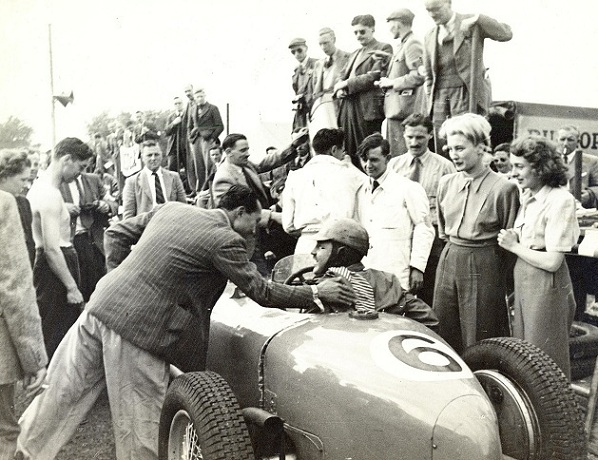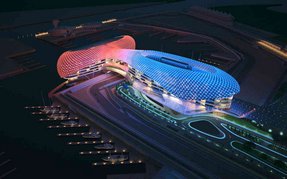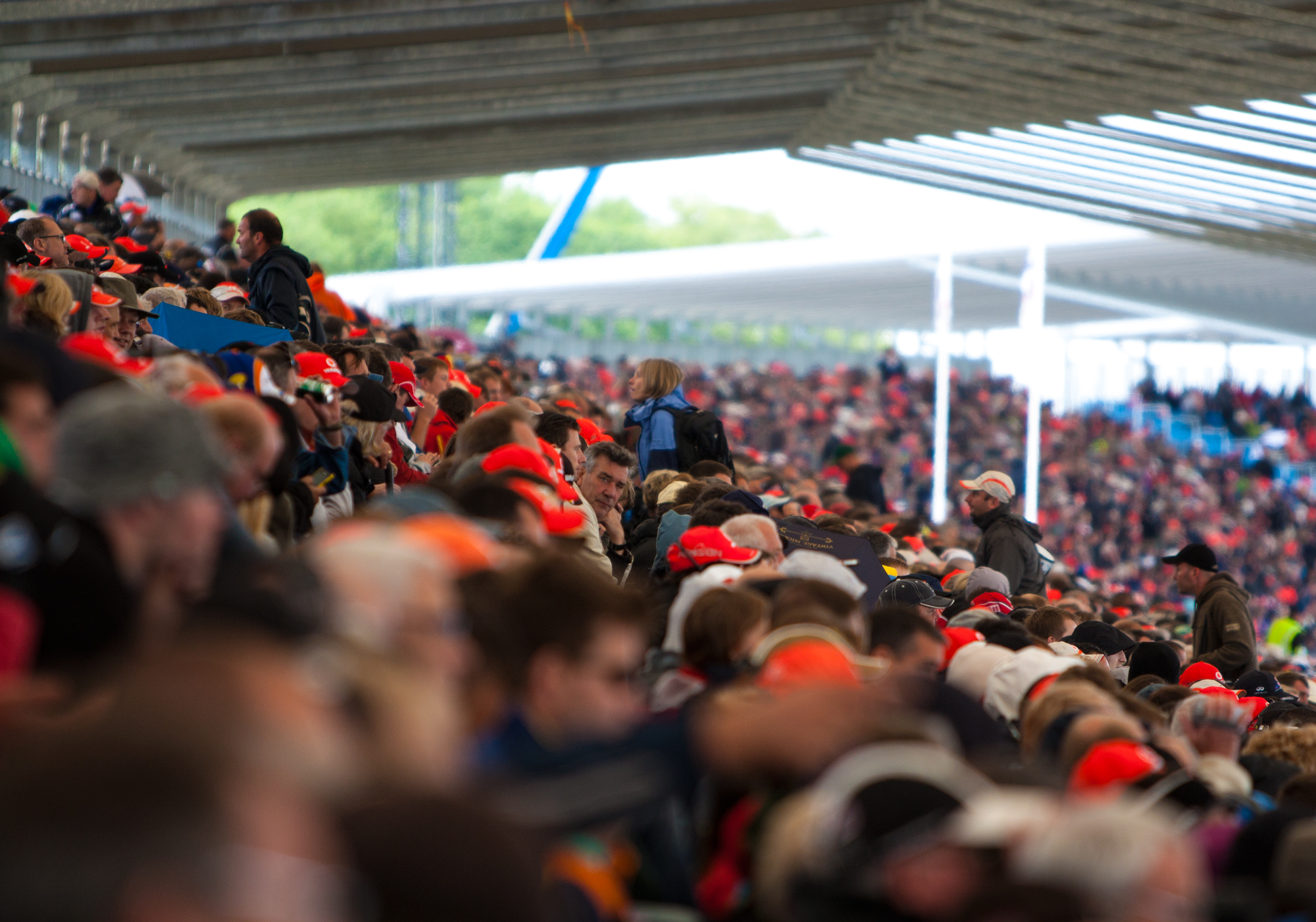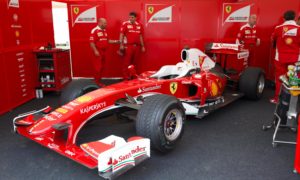A chorus of boos would have rung round the Sakhir track in Bahrain last week, if the vast majority of television viewers had been in the stands. After all the build-up, with four champions on the grid, the race was a dull affair, rendered so by myriad factors beyond the comprehension of most of those viewers. The reaction was biting in some quarters – the mainstream press lined up to condemn the first grand prix of the year, while some more experienced commentators did themselves no good by apparently not having noticed how poor a spectacle it was. So what can be done to improve the show in this most showy of sports?
The question needs to take account of what is causing the problem. A boring race is the product of many factors, only some of which can be explored here. Firstly, the circuit. Too many of the modern tracks do not provide enough opportunities for overtaking; tight, twisty sections are great for the spectators (if there are any) in the stands, but on TV it only translates to fast-moving colours – of limited appeal. Bahrain’s decision to lengthen its already perfectly adequate facility was a bit of a dud, as it turned out. So – as it has been said hundreds of times – the venue is significant, and more tracks like Spa and Montreal ought to be included in the calendar and fewer like Valencia and Barcelona.
But even the most anodyne of tracks have produced great races. So we come to the rule changes. The Overtaking Working Group’s recommendations for aerodynamic changes, which came into effect for the 2009 season, were effectively trumped by the double diffuser issue. The double diffuser, ingeniously created by Brawn, Toyota and Williams, gave the rear wing (that had been neutered by the rule changes) a large percentage of its downforce back. When the device was declared legal, the teams all rushed to copy it, and this year have perfected their versions. It will be banned for 2011, but meanwhile it is helping prevent overtaking.
How does a diffuser prevent overtaking? The double diffuser, in partnership with the rest of the bodywork, maximises the aerodynamic grip of the car. This means that the air that runs over the bodywork is heavily disrupted by the passage of the car through it. The car following, designed of course to run most effectively in “clean” air, cannot approach the back of the first car because it simply does not have the speed.
This is not a new state of affairs: the 2008 machines, with all their intricate attachments and chassis furniture, were thought to be the zenith of aerodynamic invention. They were so effective at using the air that overtaking was impossible. And so the 2009 rules were brought in. But we are yet to see those new rules applied to the letter, because of the double diffuser. It just might make a difference – if it doesn’t, the Overtaking Working Group was a waste of time.
A third idea, put forward by respected engineer Frank Dernie in recent days, is that the tyres are to blame. The three-second single stop that has now become the sum of the pitcrews’ involvement in a race is an issue in itself – the exciting elements of pitcrew error and strategic ingenuity connected with fuel amount have been taken away. But Dernie’s idea seems to be that the warm, sticky tyres are just too good these days, and that going offline to overtake means such a drastic reduction in tyre performance that no-one is willing to try it any more. He wants cold, hard tyres that are less perfected.
It isn’t really too much to ask that the powers that be consider these simple changes to make the sport a better spectacle. It probably isn’t beyond them, either, to bang a few aerodynamicist and tyre specialist heads together to thrash out what the problems are and what the solutions might be. Something that more and more people have been calling for is a return to the rules of an earlier, halcyon but unspecified era when overtaking was more common. It has to be said in mitigation, however, that the Bahrain GP was only one race, and may not be symptomatic of a wider malaise. But something should be done, and the longer it takes the more armchair viewers will be lost.








